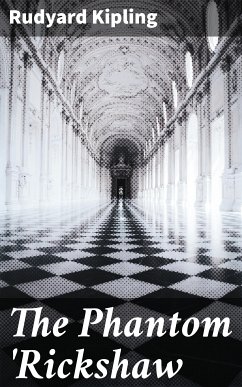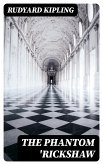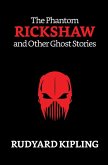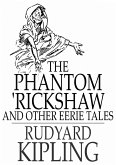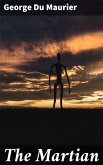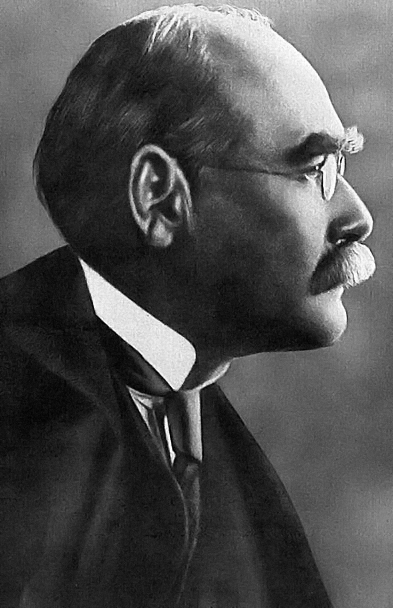In "The Phantom 'Rickshaw," Rudyard Kipling artfully weaves a collection of stories that delve into the complex interplay between reality and illusion, set against the backdrop of British colonial India. Rich in descriptive language and imbued with Kipling's characteristic wit, these tales explore the experiences of soldiers, civilians, and the spectral forces haunting the streets of Lahore. Each narrative offers a unique lens on the socio-political landscapes of the time, reflecting both the allure and horror of colonial life, as well as the psychological intricacies of its protagonists, ultimately blurring the lines between the tangible and the supernatural. Kipling, born in Bombay in 1865 and raised in England, returned to India as a journalist and writer, deeply influenced by the colonial environment that shaped his youth. His insider perspective on life in India, combined with his early exposure to storytelling, informs the haunting and evocative nature of this collection. Kipling's own encounters with both the glamorous and grim aspects of life in the East provide a poignant backdrop for exploring themes of isolation, fear, and the unseen forces that govern existence. A captivating read for enthusiasts of colonial literature and ghost stories alike, "The Phantom 'Rickshaw" invites readers to traverse the intricate web of human emotion and the supernatural. Kipling'Äôs masterful storytelling will resonate with those interested in exploring the psychological depths of his characters and the uncanny experiences that arise in the shadows of imperialism. This collection is a must-read for anyone seeking to understand the complexities of the human psyche during an era of profound transformation.
Dieser Download kann aus rechtlichen Gründen nur mit Rechnungsadresse in A, B, BG, CY, CZ, D, DK, EW, E, FIN, F, GR, H, IRL, I, LT, L, LR, M, NL, PL, P, R, S, SLO, SK ausgeliefert werden.

